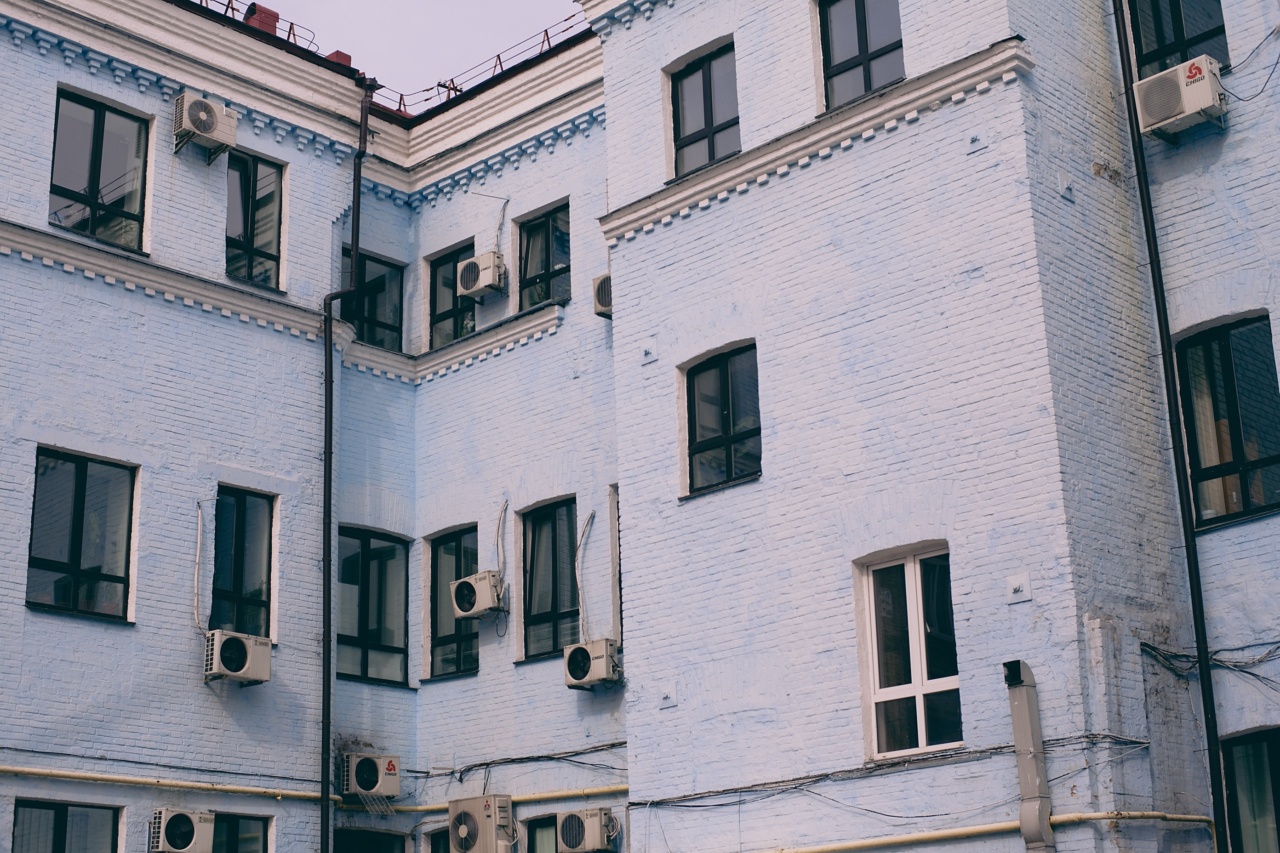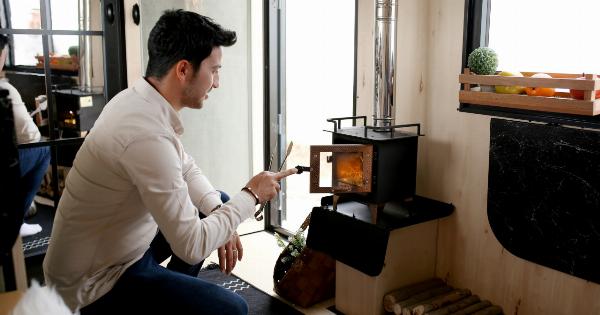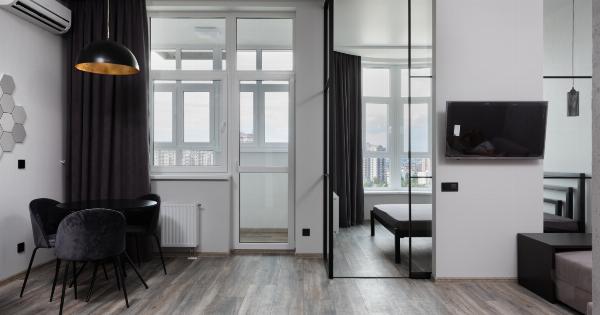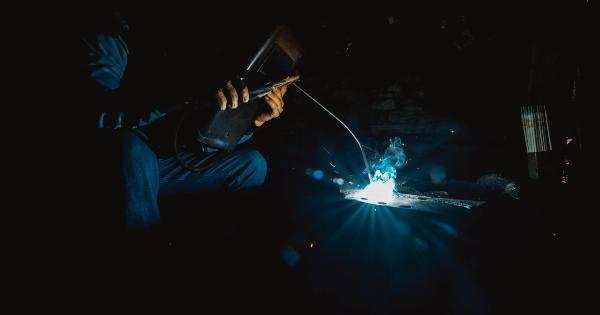During hot weather conditions, staying in a cool environment is essential for adults, children, and babies. Air conditioning units play a pivotal role in creating a comfortable and cool environment in our homes.
While it is essential to keep the temperature at a comfortable level, parents of young children may be concerned about the possible effects of air conditioning on their infants.
What is Air Conditioning?
Before we dive into the effects of air conditioning on infants, it is essential to understand what air conditioning is. Air conditioning is the process of maintaining a comfortable temperature with proper relative humidity levels.
It involves the circulation of cool air around a specific environment. While the primary aim of air conditioning is to maintain optimal room temperature, it also purifies the air to some extent.
How does Air Conditioning Affect Infants?
The most significant concern for parents with infants is whether air conditioning is harmful to their babies. While air conditioning is safe to use, parents should note a few effects that may arise with prolonged exposure to air conditioning.
Drying of the Skin
One of the significant side effects of air conditioning is that it can lead to drying of the skin. This is because most air conditioning units eliminate moisture content from the air, making it dry.
This can then lead to dry skin in infants when exposed for long periods. To resolve this issue, parents can use a humidifier alongside the air conditioner. The humidifier restores the lost moisture content and, in turn, prevents drying of the skin.
Respiratory Issues
Prolonged exposure to air conditioning can also lead to respiratory issues. The cool air can cause constriction of the airways, leading to asthma attacks in infants.
Additionally, air conditioning units can circulate dust and bacteria, which can cause throat and nose irritations. This can lead to a stuffy or runny nose, sore throat, and coughing caused by the irritation from dust or pollen in the air. To prevent this, change the air filters in the air conditioning unit regularly and maintain optimal indoor humidity levels.
Temperature Changes
Another possible effect of air conditioning on infants is sudden temperature changes. For example, if a baby is moved from a hot outdoor environment to a cold air-conditioned room, they may experience chills.
Similarly, if parents set the temperature of the air conditioner too low, the sudden temperature drop in the room may be too severe for the baby. Therefore, it is imperative to set the temperature of the air conditioning unit to the optimal level for the comfort of the baby.
Dehydration
Infants are sensitive to moisture content, and prolonged exposure to air conditioning can lead to dehydration. Dry air can lead to water loss from the skin and respiratory tract, leading to dehydration.
Children also tend to sweat less than adults, and staying in an overly cold environment can make them feel dehydrated. Symptoms of dehydration include irritability, fatigue, and dizziness. To prevent dehydration, keep optimal room temperature, and ensure your baby drinks plenty of water.
Benefits of Air Conditioning for Infants
While air conditioning has some potential side effects on infants, it also has some benefits. During hot weather, staying in a cool environment is essential to prevent heat exhaustion or heat stroke in infants.
Additionally, air conditioning helps maintain indoor air quality, reducing the possibility of allergies or asthma attacks.
Conclusion
Air conditioning is safe to use for infants if used correctly. Parents need to ensure optimal indoor temperature and humidity levels and maintain the air conditioning unit regularly.
This way, infants will enjoy the benefits of a cool environment without having to worry about the potential side effects of air conditioning.





























